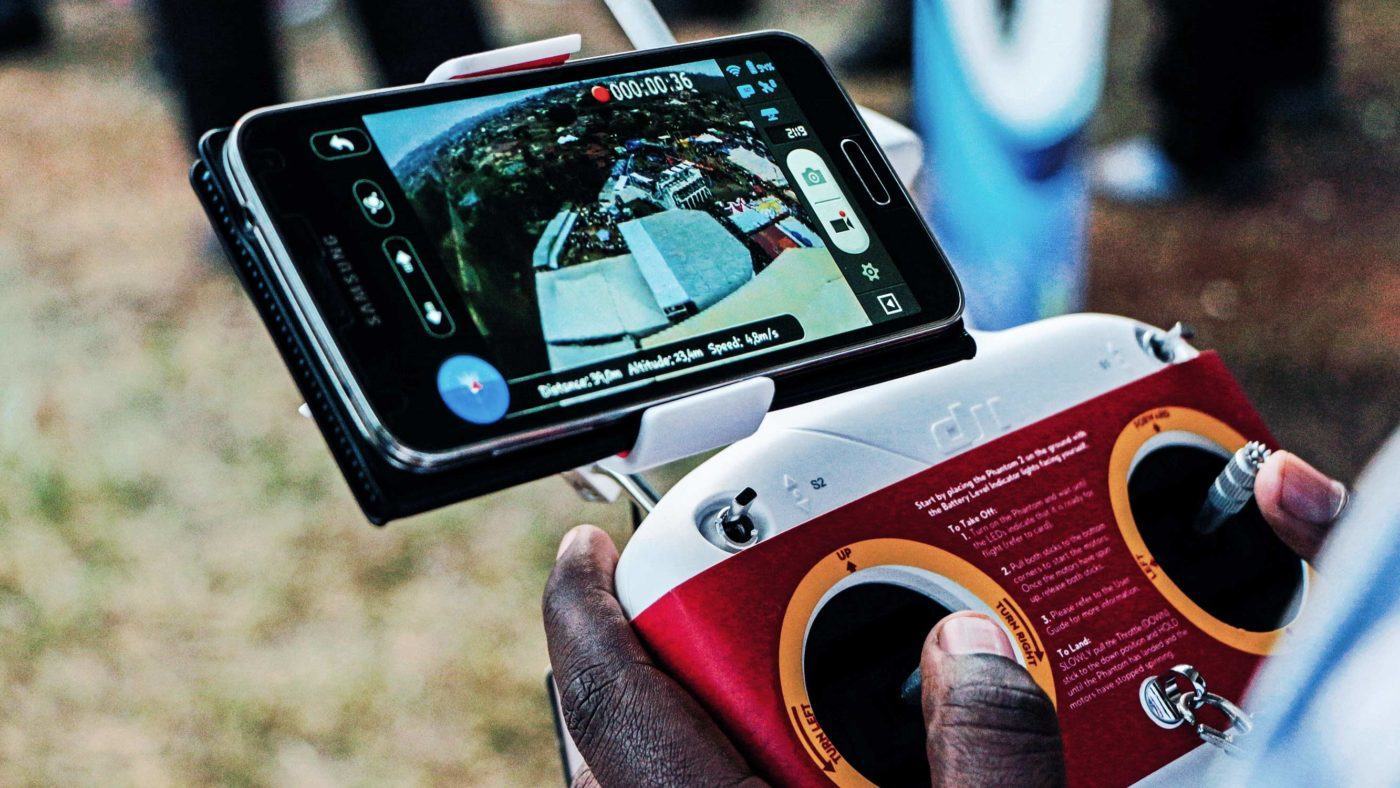Last month, the Nigerian Civil Aviation Authority (NCAA) banned the use of unauthorized drones, disregarding great potential for technological advancement in a country that direly needs it.
It is critical that developing economies like Nigeria have the freedom to explore innovative methods of using drone technology. Before the ban, many Nigerian companies had ambitions to utilize drone technology in their operations and had begun to test its use in large mass. University students, too, had started to assemble drones and experiment with their potential applications. Thus, a number of Nigerian tech enthusiasts were disappointed with the NCAA’s action.
The government justified its preliminary ban in the name of national security and public safety, arguing that that widespread use of drones by aviation-ignorant citizens was a recipe for disaster. While there are certainly legitimate safety concerns surrounding drone technology, a unilateral ban on unregulated use is much too harsh a remedy.
“Unregulated” is an operative word; the NCAA did not completely prohibit drone technology. Companies who wish to be drone operators must have a minimum capital share of 20 million naira (about $100,000 USD) and pay a non-refundable processing fee of 500,000 naira (about $2,500 USD). Those two steps are just the beginning. After a company’s application is submitted, it must await security clearance – a process which takes at least six months. If a business is so lucky to receive a three-year permit, it will still be required to pay an annual utilization fee of 100,000 naira ($500 USD). By contrast, it costs a mere $5 USD (about 1,000 naira) to register a drone in the United States.
Drones have a proven track record of creating jobs, providing great promise to countries like Nigeria that looking for a way out of its economic quagmire. Drone technology is projected to create 150,000 jobs in Europe alone, according to a report by the UK House of Lords. The report describes many potential uses for commercial drone activity, like filming, photography, deliveries, security, and search and rescue. Their optimistic findings inspired the committee to encourage a light-touch regulatory approach with simple safety guidelines rather than draconian prohibitions like Nigeria’s, of unmanned aerial vehicles.
Unfortunately, Nigeria is not the first African country to take the wrong approach with regard to drones. Kenya similarly imposed strict regulations to the growing drone industry in the name of keeping the technology out of the hands of terrorist groups like Al Shabab. However, such fears are naive and do more harm than good. Patrick Meier, director of social innovation with the Qatar Computing Research Institute and the founder of the Humanitarian UAV Network, sneers at the idea that a ban could prevent Al Shabab from getting a drone. Since terrorist groups are not well-known for obeying laws, it’s likely that Al Shabab could acquire a drone if they wanted to. Thus, governments who ban unregulated drone activity in the name of public safety do little to keep the technology out of the hands of bad actors.
Instead, their regulations only stifle citizens from the creative use of drones – and the creative opportunities are endless. Rwanda is using drones for medical supplies and vaccine delivery to clinics in inaccessible rural areas. Malawi has collaborated with UNICEF to use drones to transport HIV test results, enabling quicker diagnoses chances of survival.
The ability of governments to inhibit the freedom to innovate and experiment with new technologies can be a major setback for development. Bureaucracy creates unnecessary bottlenecks for entrepreneurs to take first steps in changing inefficient systems. In short, African governments like Nigeria are caging themselves from flying among developed nations. African countries need to allow their people to innovate without fear. Creating a tight tunnel around the possible use of drones not only stifles progress, but also strangles the hope for Africans to drag their continent to its feet and fulfill her great potential.


